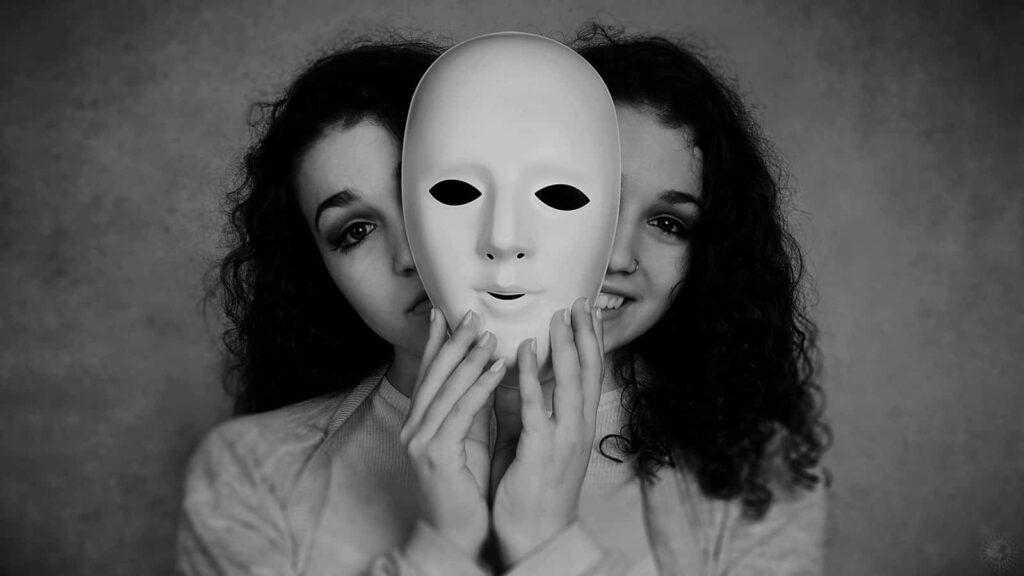Have you ever heard of a hypomania episode? It is a mood disorder that is often associated with bipolar disorder. In this blog post, we will be discussing what it is, the symptoms. And the complete look of having an episode. We will also be talking about how to get help. If you think you may be experiencing hypomania.
Contents
- 1 What Is Hypomania Episode?
- 2 Types Of Hypomania Episode
- 3 How Hypomania Is Connected To Bipolar Disorder?
- 4 Difference Between Mania & Hypomania Episode
- 5 Symptoms Of Hypomania Episode
- 6 What Causes Hypomania Episode?
- 7 Diagnosis For Hypomania Episode
- 8 When To Get Help With Hypomania Episode?
- 9 Treatment For Hypomania Episode
- 10 Prevention Ideas
- 11 Conclusion
- 12 A Word From Therapy Mantra
What Is Hypomania Episode?
 Hypomania is a mood disorder. It is characterized by a “high” or an overly happy mood. This mood is different from the person’s normal mood. The high usually lasts for a few days to a few weeks. Most commonly, it is associated with bipolar disorder.
Hypomania is a mood disorder. It is characterized by a “high” or an overly happy mood. This mood is different from the person’s normal mood. The high usually lasts for a few days to a few weeks. Most commonly, it is associated with bipolar disorder.
Furthermore, hypomania is not always bad. It can sometimes lead to creativity and productivity. However, it can also result in risky behavior. And problems in relationships.
It is important to get help. If you think you are experiencing hypomania. A mental health professional can help you determine bipolar disorder. It is associated with both hypomania and mania.
Types Of Hypomania Episode
There are four different types of hypomania episodes. That are: mild, moderate, severe, and psychotic. Each type has different symptoms associated with it.
Mild Hypomania Episode
In a mild hypomania episode, the person may feel very good. And have lots of energy. They may be more talkative than usual and have a lot of ideas.
Moderate Hypomania Episode
A moderate hypomania episode is more intense than a mild episode. The person may feel like they are on top of the world. They may also be irritable or angry.
Severe Hypomania Episode
In this, the person’s mood swings are very extreme. They may go from feeling really good to feeling really bad. Some people in this type of episode can become psychotic.
Psychotic Hypomania Episode
A psychotic hypomania episode is the most extreme type. The person may have hallucinations or delusions. They may also be a danger to themselves or others.
It’s important to get help from a mental health professional right away.
How Hypomania Is Connected To Bipolar Disorder?
Bipolar disorder is a mental illness that causes extreme mood swings. These mood swings can be from very high (mania) to low (depression). People with bipolar disorder often have periods of normal moods. But the highs and lows can be so severe. That they interfere with a person’s ability to function normally.
There are two types of bipolar disorder: type I and type II. Bipolar I is characterized by manic episodes. Bipolar II is characterized by hypomanic episodes. Some people only have one or two episodes of mania or hypomania. Others have many more episodes.
The disorder is often diagnosed in young adulthood. It can also be diagnosed in childhood or later in life. The exact cause of the bipolar disorder is unknown. But it is thought to be caused by a combination of genetic and environmental factors.
Difference Between Mania & Hypomania Episode
There is a pattern to define the difference. Such as:
Mania vs Hypomania: Key Differences
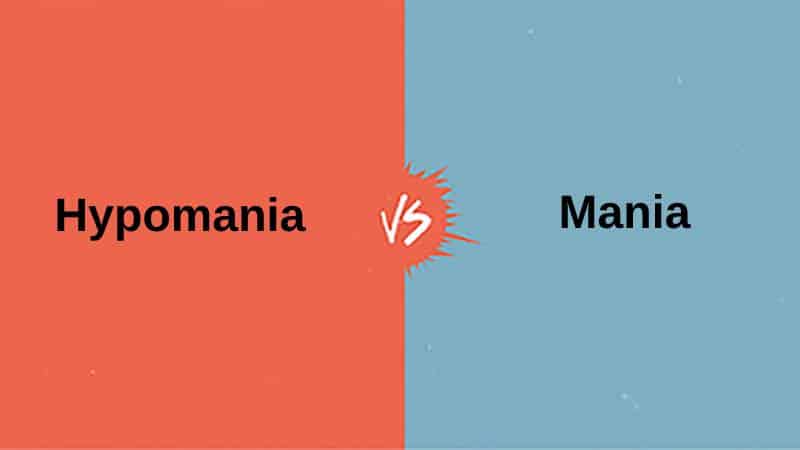
- Mania is a mental state. Characterized by an elevated or irritable mood.
- Hypomania is a less severe form of mania.
- The distinguishing features for hypomania are: an elevated mood, increased energy, and activity levels.
- Decreased need for sleep, and racing thoughts.
- Mood swings can occur in both bipolar I and II disorders.
- Hypomania episodes typically last for a few days or weeks. While mania episodes can last for several weeks or longer.
- Hypomania can progress to full-blown mania in some people.
- While people with hypomania may feel good and function well.
- They may also act impulsively and make poor decisions.
Symptoms Of Hypomania Episode
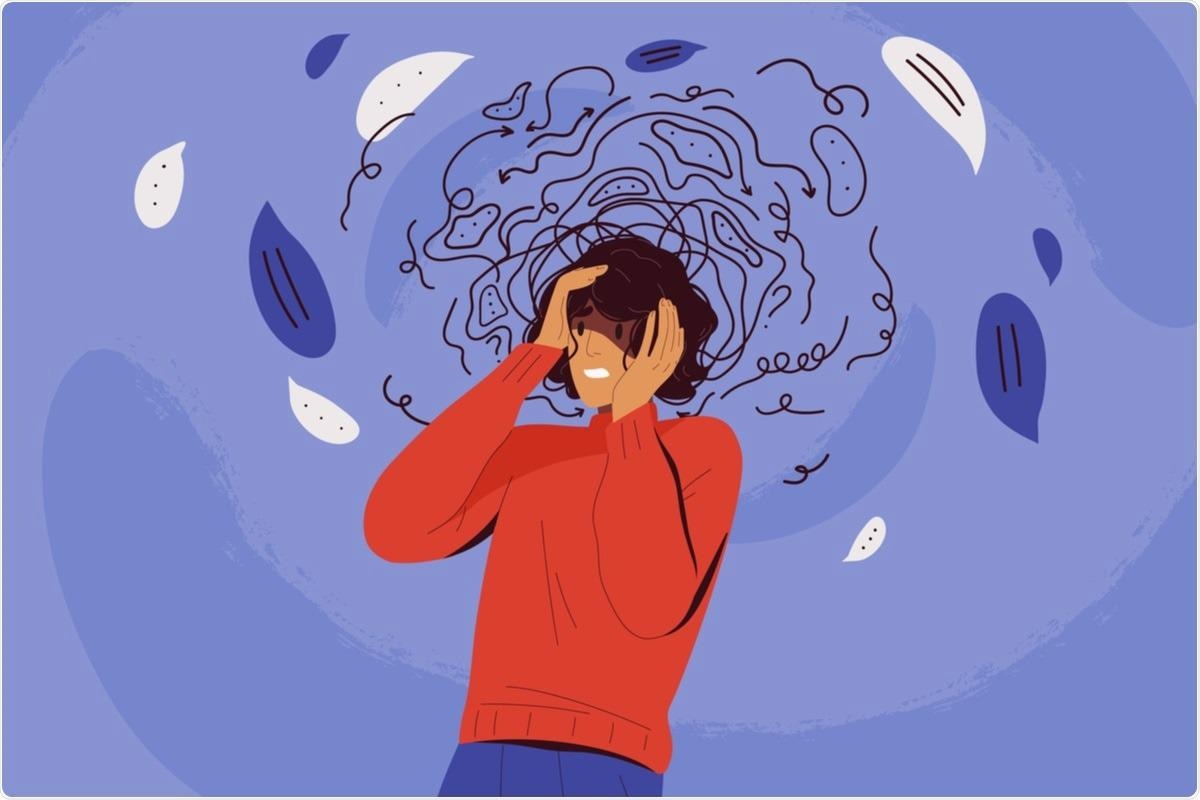
The symptoms can vary depending on the type of episode. But in general, the symptoms can be divided into two groups: physical and mental.
Physical Symptoms
- Increased energy levels
- More activity levels
- Increased sex drive
- Lack of sleep
- Racing thoughts
Mental Symptoms
- Inflated self-esteem or grandiosity
- Decreased need for sleep
- Distractibility
- Increased talkativeness
- Racing thoughts
There are also some behavioral symptoms. These can include:
- Making impulsive decisions without thinking about the consequences.
- Taking risks without considering the potential dangers.
- Behaving in a reckless manner.
- Engaging in risky sexual behavior
Some people with bipolar disorder experience a mixed state. This is when they experience both manic and depressive symptoms same time. This can be very dangerous and requires immediate treatment.
If you or someone you know is experiencing any of these symptoms. It is important to seek help from a mental health professional. There are many treatments available that can help manage bipolar disorder.
What Causes Hypomania Episode?
There are many potential causes of hypomania episodes. Some of them are:
-Biological: Changes in brain chemistry or hormones can trigger hypomania. This might be due to a genetic predisposition. As hypomania often runs in families.
-Environmental: Stressful life events. Such as the death of a loved one can lead to it.
-Psychological: Some people may be more prone to hypomania episodes. Due to their personality type or mental health history.
Hypomania can be very disruptive. And can cause problems in someone’s life. It is important to understand the causes of hypomania. So that steps can be taken to prevent them or manage them.
Causes are the trigger point of the episode. If they can be identified and managed. Then episodes may not occur as frequently or cause as much disruption.
Diagnosis For Hypomania Episode
 Finding a diagnosis for hypomania can be tricky. Many people with bipolar disorder are misdiagnosed with depression, anxiety, or even schizophrenia. The key to getting an accurate diagnosis is to see a mental health professional. Who is familiar with bipolar disorder and its symptoms.
Finding a diagnosis for hypomania can be tricky. Many people with bipolar disorder are misdiagnosed with depression, anxiety, or even schizophrenia. The key to getting an accurate diagnosis is to see a mental health professional. Who is familiar with bipolar disorder and its symptoms.
Three Steps Of Diagnosis
The first step is to rule out other potential causes of your symptoms. Your doctor will likely perform a physical exam. And order blood tests to rule out any medical conditions. That could be causing your symptoms. They will also ask you about your family history of mental illness. And any substance abuse problems.
The second step is a psychiatric evaluation. During this evaluation, your doctor will ask you about your symptoms. And how they’re impacting your life. They will also ask you questions. About your family history and any substance abuse problems. Be sure to give them as much information as possible.
The third step in diagnosing hypomania is mood charting. This is where you track your moods over time. This can help your doctor see patterns in your mood swings. And rule out other potential causes of your symptoms.
Seeking a diagnosis is important. And, it is possible through these three steps. With the help of a mental health professional, you can get the treatment you need for hypomania.
When To Get Help With Hypomania Episode?
There are some situations that get worsen day by day. It is important to notice the symptoms. And, get the help that needs. Here are some situations where you should get help with hypomania episodes:
- Symptoms are severe and disrupt your daily life.
- Having thoughts of harming yourself or others.
- Not eating or sleeping well.
- Using alcohol or drugs more than usual.
- Work or school performance is suffering.
- Relationships are strained because of your mood swings.
It is important to get help early or before the situation gets worse. And, remember that you are not alone in this battle. There are many people who understand what you are going through.
If not get help at the right time. It would be difficult to come out of the situation.
Treatment For Hypomania Episode
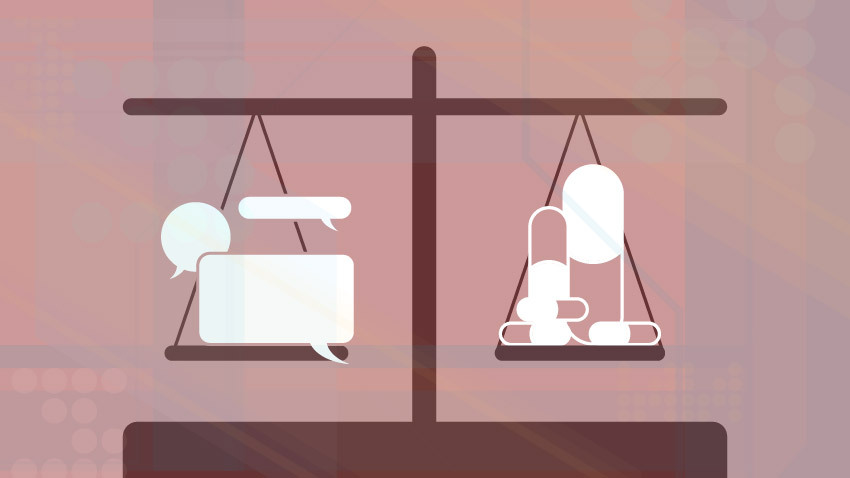
There are possible treatments for this. Majorly there are three types with which the disease can be cured.
Pharmacotherapy
In this, the drugs or medicines are used for treating hypomania. It is the most common treatment and it is used to control mood swings. It includes medicine such as:
- Lithium, for example, Eskalith, Lithobid.
- Anticonvulsants, for example, Depakote (divalproex sodium), Tegretol (carbamazepine), etc.
- Atypical antipsychotics, for example, Abilify (aripiprazole), Geodon (ziprasidone), etc.
Psychotherapy
It is the second most common treatment for hypomania. In this therapy, the person suffering from hypomania is made to talk about their problem with a therapist or counselor. The therapist will help them in dealing with their stress and other problems. Also, it will help them in knowing themselves more and how to cope with their problem.
Electroconvulsive Therapy
This is the last option for treating hypomania. It is mostly done when the other two treatments have failed. In this therapy, electrical shocks are passed through the brain of the person to trigger seizures. This helps in resetting the brain activity and helps in reducing the symptoms of hypomania.
It is less prescribed as it has some side effects too. Such side effects are:
- Confusion
- Dizziness
- Headache
- Nausea
- Muscle pain
- Memory loss (short-term)
Self Care
Besides these three professional treatments. There are some lifestyle changes which a person needs to make. These are:
- Eating a balanced diet,
- Exercising regularly,
- Getting enough sleep,
- Avoiding alcohol and drugs, and
- Managing stress.
These changes will help in reducing the symptoms of hypomania. And will also help in preventing its relapse. Do not hesitate to seek help from a healthcare professional. With proper treatment, it can be cured. Do not let it ruin your life.
Prevention Ideas
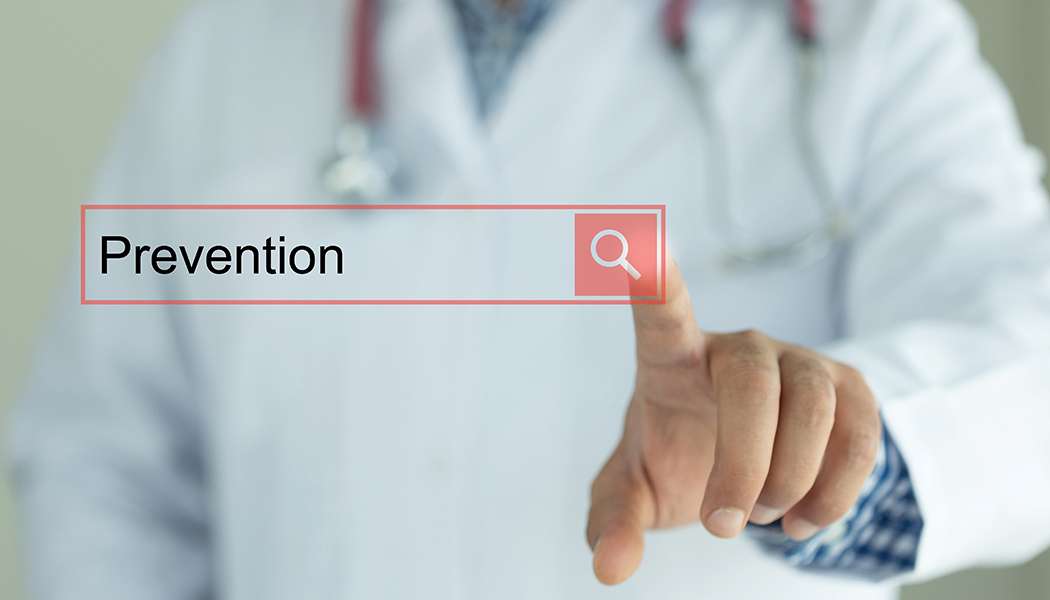 Preventing the hypomania episode can be difficult. It often requires a combination of medication and therapy. Medication can help to stabilize moods and prevent drastic changes. Therapy can provide support and help to understand the triggers for hypomania episodes.
Preventing the hypomania episode can be difficult. It often requires a combination of medication and therapy. Medication can help to stabilize moods and prevent drastic changes. Therapy can provide support and help to understand the triggers for hypomania episodes.
Other preventive ideas include:
-Regular exercise: This can help to stabilize moods and promote good mental health.
-Healthy diet: Eating balanced and healthy meals can help to improve overall moods.
-Stress management: Learning how to manage stress can be helpful in preventing hypomania episodes. Techniques such as yoga, meditation, and deep breathing can be useful.
-Supportive network: Having a strong support system is important in managing bipolar disorder. Friends and family members can provide valuable support during times of crisis.
Conclusion
To conclude the things that can happen during a hypomania episode. It is important to remember that everyone experiences them differently. Some people may feel very good and have lots of energy. While others may feel irritable or agitated.
There are many things that can trigger an episode. Hence, it is important to be aware of your triggers. If you are experiencing any of the symptoms discussed above. It is important to seek help from a professional. Hypomania episodes can be very dangerous if not managed properly. The right time treatment from some professional is necessary.
A Word From Therapy Mantra
Your mental health — Your psychological, emotional, and social well-being — has an impact on every aspect of your life. Positive mental health essentially allows you to effectively deal with life’s everyday challenges.
At TherapyMantra, we have a team of therapists who provide affordable online therapy to assist you with issues such as depression, anxiety, stress, workplace Issues, addiction, relationship, OCD, LGBTQ, and PTSD. You can book a free therapy or download our free Android or iOS app.
